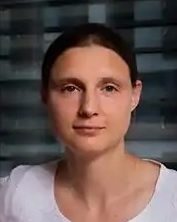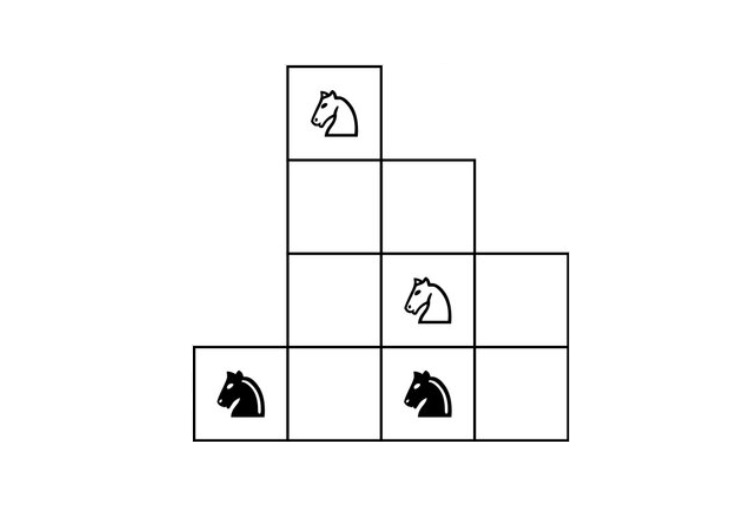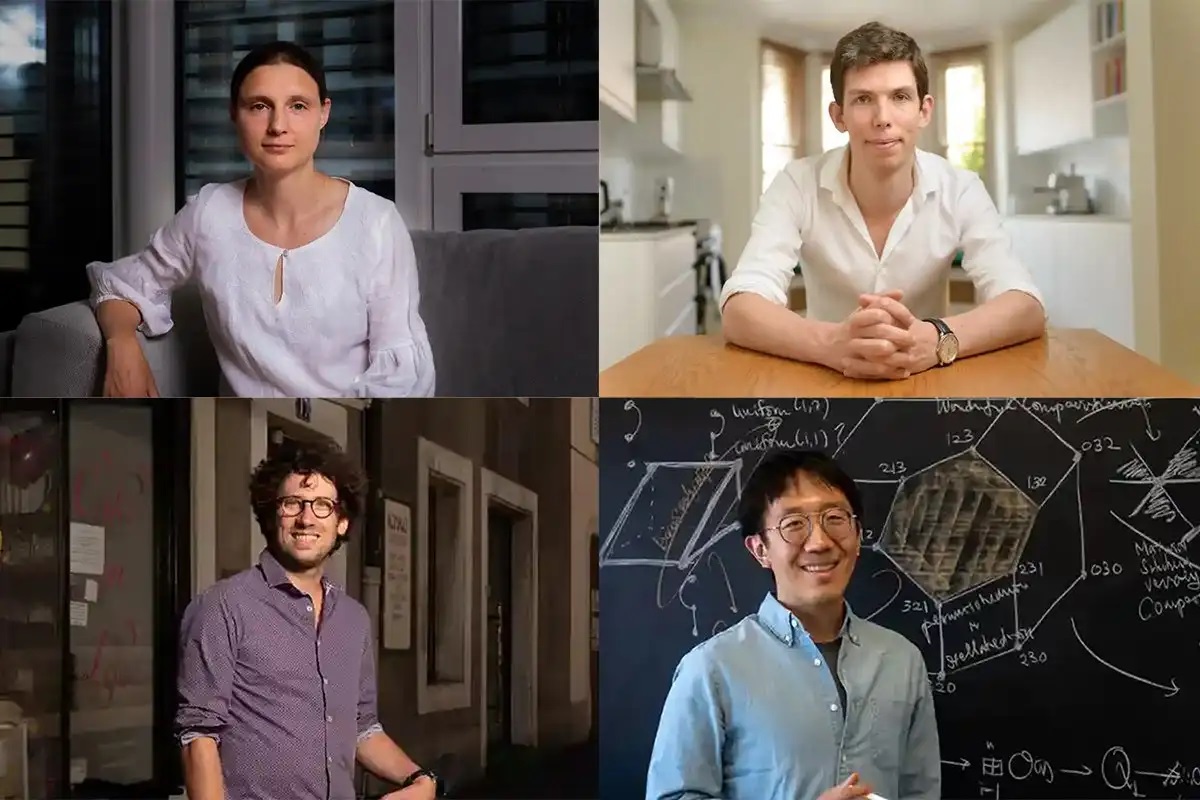Earlier, we discussed how analytics with statistics is valuable and beneficial in making business decisions and formulating strategies.
There appears an increasing level of interest among math scientists to work on topics, like machine learning, that are changing people’s lives through its application in business.

“A topic that is attracting more and more attention is mathematical aspects of machine learning. There are many directions; one that interests me is how I could use some of these exciting new tools in my own research. Another very ambitious and noble goal is to create a mathematical theory of machine learning. When does it fail, and when we can we hope for good results?”
— Maryna Viazovska, 2022 Fields Medal winner, in a Q&A with Nature
This Veracle is about how the mathematicians’ work is instrumental in pushing the boundaries of making data-driven decisions in business.
Let us begin with a little fun challenge: Take a look at the four knights on the cover picture. Can you exchange the positions of the black and white knights on the given chess board?
If you can, then you may have it in you to win the Fields medal.
What is Fields Medal and how is it relevant to business?
The Fields Medal is the most* prestigious award a mathematician can receive. The International Mathematical Union presents the medal to young math scientists for outstanding contributions in mathematics. The Fields Medal is only awarded every four years.
This year, four mathematicians are the winners of the Fields Medal. They received their awards earlier this month in Helsinki, Finland.
They have earned this distinguished honour for solving or moving closer to solving longstanding “open problems.”
An open problem is a known stated problem which has not yet been solved. It is assumed to have an objective and verifiable solution.
The answers to open problems pave ways for innovative ideas and possibilities. In business context, these answers facilitate, among other things, making business decisions better and faster.
How is their work exciting and significant?
Business decision making has become too complex. Business executives must consider both qualitative and quantitative information to make decisions.
Qualitative information uses subjective judgements. This includes non-quantifiable data such as employee expertise, people attitude towards change, and company culture among other intangible aspects.
However, quantitative information uses data. Now, organisations have too much data available to them. They have data generated by operational transactions, market research, and external sources. Organisations must analyse this exponentially growing data to make decisions. Moreover, they must make many of these decisions in the runtime.
To that end, businesses need more advanced computational algorithms to sift through zettabytes of data to analyse and arrive at useful insights. The conventional techniques are highly time and cost intensive.
This is where work of the Fields Medallists becomes significant.
How does mathematics help business decisions?
This year’s Field Medallists’ works are centred on number theory, probabilistic theory, and combinatorics, among other more intricate topics.
Here are a few examples of business applications of the topics of their work.
Number theory deals with the properties and relationships of numbers.
It has helped in public key cryptography, such as RSA algorithm. This has enabled confidential communications, digital signatures, and secure online transactions for e-commerce companies.
Probability theory is the branch of math concerned with calculating the likelihood of an event. It has numerous applications in business.
From all kinds of risk assessment and modelling (like that for investment and insurance) to sales forecasting, most prediction algorithms use probability theory.
Combinatorics is the study of objects and connections between them. Simply speaking, it has applications wherever we need to arrange things using permutations and combinations.
One can see examples of combinatorics everywhere. It can help in optimising communication networks and logistics. Combinatorics had a crucial role in manufacturing. For example, modular toy manufacturing.
How does it matter to Veravizion?
At Veravizion, we help our clients thoroughly understand their customers. The objective is to devise and implement effective marketing strategies for their business growth.
This involves figuring out our customers’ real target customers, understanding their purchase motivations, performing causal analysis, optimising resource allocations, and in general solving their business problems.
In this process, we apply several techniques such as clustering, regression, optimisation, resource planning, and various other statistical analyses. These are based on pure math and statistical concepts like probability theory, combinatorics, and mathematical optimisation.
Are there any areas of business where you think we can consider using math and statistics?
How else does math help businesses?
* The Abel Prize is also regarded as a top award in mathematics. According to the annual Academic Excellence Survey by ARWU, the Fields Medal is consistently regarded as the top award in the field of mathematics worldwide, and in another survey conducted by IREG in 2013–14, the Fields Medal came closely after the Abel Prize as the second most prestigious international award in mathematics.
Related Posts:
- What are isolated evidence and random variation?
- How can we make difficult decisions?
- Buy, Build, or Get the job done?
<– Is analytics all hype and no substance?
Want to succeed in your venture? Don’t start with planning –>
Cover Photo courtesy: https://en.chessbase.com
If you liked reading this article, then please subscribe to our blog – Veracles. That way, you can receive interesting insights in email.
Also, please do follow Veravizion on LinkedIn, Twitter or Facebook to receive easy updates.


